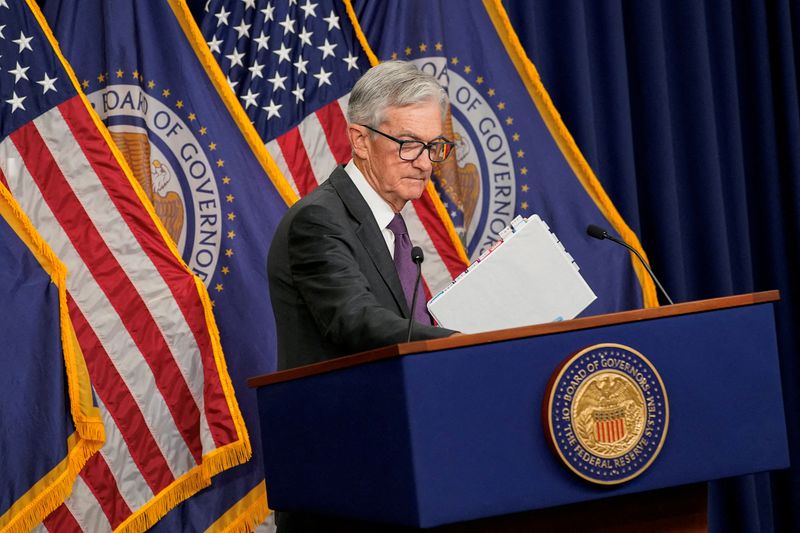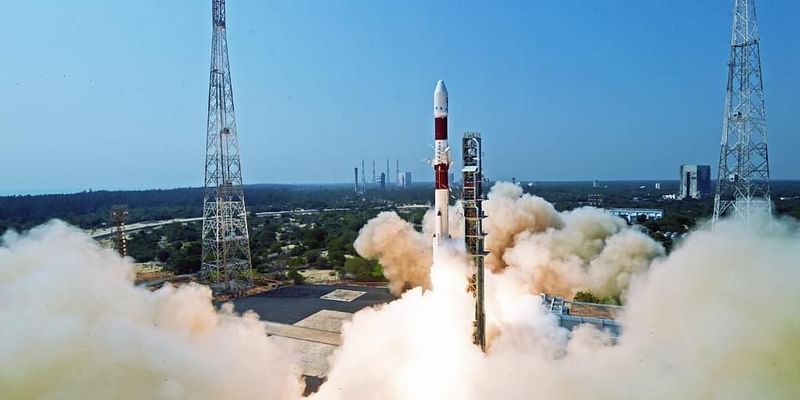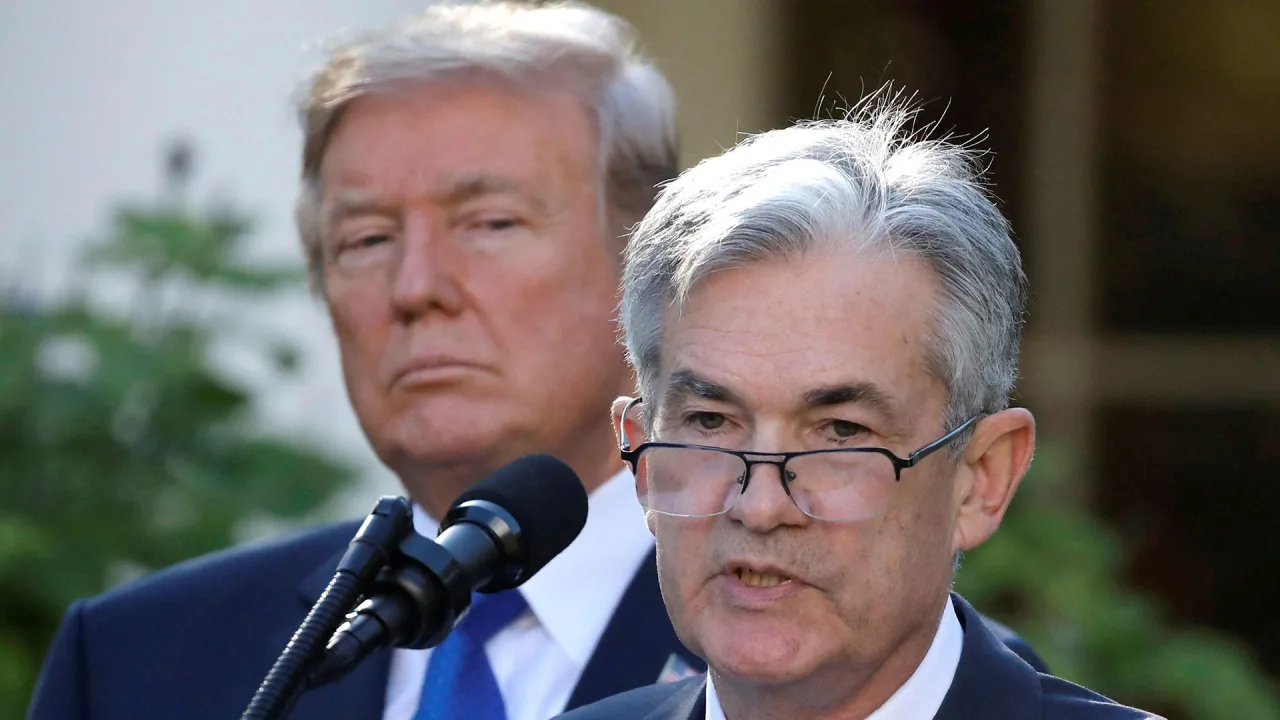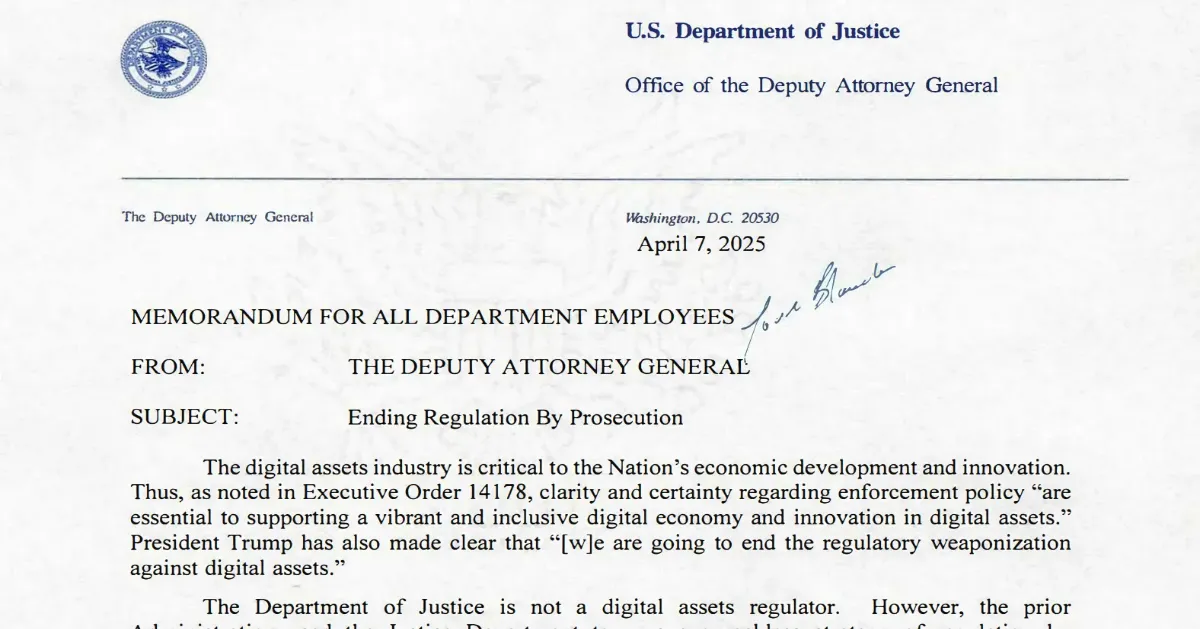Rajasthan Budget 2025-26: Key Highlights of the First ‘Green Budget’ and Expert Opinions
Rajasthan’s ‘Green Budget’ 2025–26 marks a significant step towards sustainable development and environmental protection.


The Rajasthan government has presented its first ‘Green Budget’ for the financial year 2025–26, marking a crucial step in the direction of sustainable development and environmental protection. The budget seeks to balance the state’s economic growth, employment generation, and environmental sustainability.
Key Highlights of the Budget
Green Budget Allocation:
The state government has allocated 11.34% of the total budget—amounting to ₹27,854 crore—for the Green Budget. This is a significant initiative aimed at achieving the Sustainable Development Goals (SDGs) by 2030.
Promotion of Renewable Energy:
All government offices and pumping stations under the Public Health Engineering Department (PHED) are planned to be powered by solar energy. Additionally, under the ‘Solar Didi’ program, 25,000 women will be trained to adopt solar energy solutions.
Water Conservation and Irrigation:
A provision of ₹2,700 crore has been made for the construction of water harvesting structures in 4,700 villages, which will aid in the conservation of water resources and benefit the agricultural sector.
Environmental Protection:
A target has been set to plant 100 million trees. Furthermore, ₹250 crore has been allocated for the ‘Green Aravalli Development Project,’ aimed at conserving biodiversity and ecosystems.
Waste Management and Circular Economy:
Utensil banks will be established in every panchayat to curb the use of plastic. In addition, 'Waste to Wealth Parks' will be built at all district headquarters to enable effective recycling and waste management.
Impact on Employment and Infrastructure
Job Creation:
The government aims to create 1.25 lakh government jobs and 1.5 lakh jobs in the private sector. This move is expected to offer more opportunities to the youth and strengthen the state’s economy.
Infrastructure Development:
Construction of 9,600 km of new roads and upgradation of 13,000 km of existing roads is planned. A provision of ₹12,000 crore has also been made for the expansion of the Jaipur Metro, which will help improve the transport system.
Expert Reactions
Environmental experts believe that Rajasthan’s Green Budget sets a precedent for other states. According to the Council on Energy, Environment and Water (CEEW), “Rajasthan’s move is a significant initiative towards sustainable development, one that will inspire other states as well.”
As per a LinkedIn post by Elp Consulting Limited, “Aligned with the nation's ambitions, Rajasthan has adopted sustainability on a large scale and continues to promote environmentally friendly practices. The state is progressing steadily in preserving the environment. The Government of India has set a target to achieve 450 GW of renewable energy capacity by 2030. Rajasthan is focusing on energy storage to manage a high share of renewables in the state grid. Climate change has become a burning global challenge, and Rajasthan exemplifies how arid and resource-scarce regions can thrive by adopting sustainable solutions.”
According to a report by The New Indian Express, “Chief Minister Bhajanlal Sharma has decided to assign significant responsibilities to state legislators. Under this strategy, groups of five legislators will be formed, each joined by one minister. These groups will focus on accelerating departmental work and ensuring prompt redressal of public grievances.”
Experts note that this level of large-scale monitoring for budget execution has never been witnessed before in Rajasthan. The Chief Minister's Office (CMO) is directly seeking implementation plans from district collectors to ensure rapid progress.
However, some industry experts have raised concerns that recent changes in land registration laws may increase the cost of renewable energy projects. According to a Reuters report, “Under the new rules, companies will be required to pay stamp duty for registering land sale or lease agreements, which could increase project costs by 8–10%.”
Conclusion
Rajasthan’s Green Budget 2025–26 is a landmark step toward sustainable development and environmental protection. The budget attempts to balance economic growth, job creation, and ecological stability. However, challenges such as financing, policy coordination, and public participation will need to be addressed to ensure successful implementation.












![31 Top Social Media Platforms in 2025 [+ Marketing Tips]](https://static.semrush.com/blog/uploads/media/0b/40/0b40fe7015c46ea017490203e239364a/most-popular-social-media-platforms.svg)























































































































































































![How to Find Low-Competition Keywords with Semrush [Super Easy]](https://static.semrush.com/blog/uploads/media/73/62/7362f16fb9e460b6d58ccc09b4a048b6/how-to-find-low-competition-keywords-sm.png)



